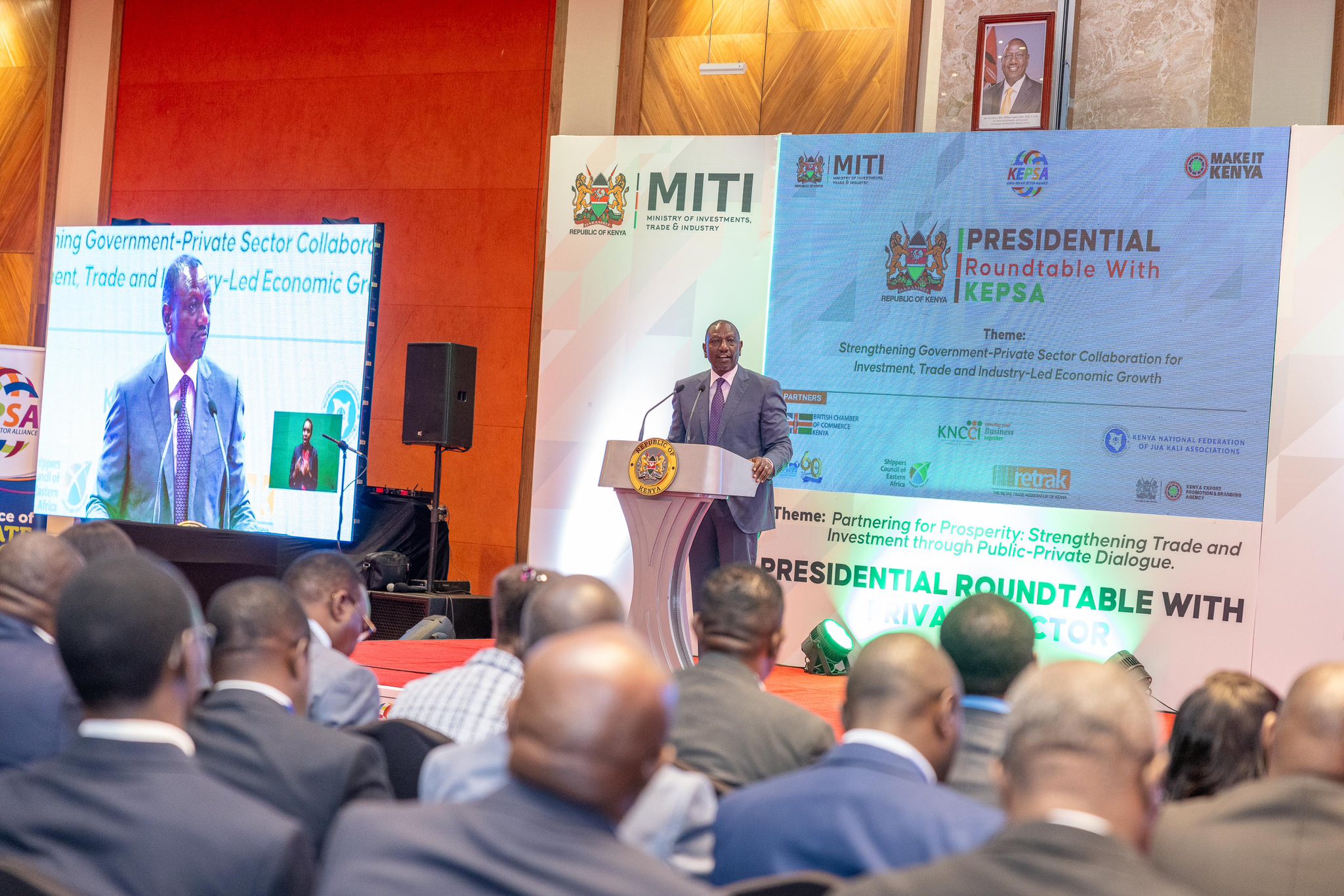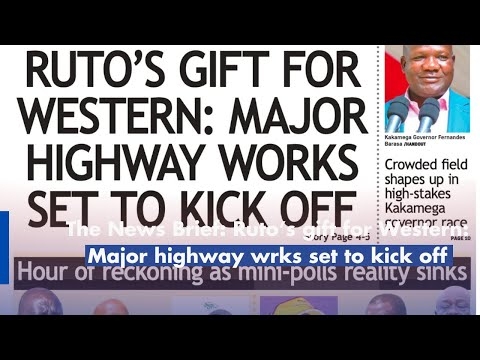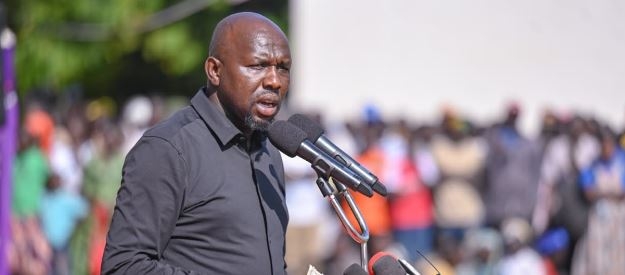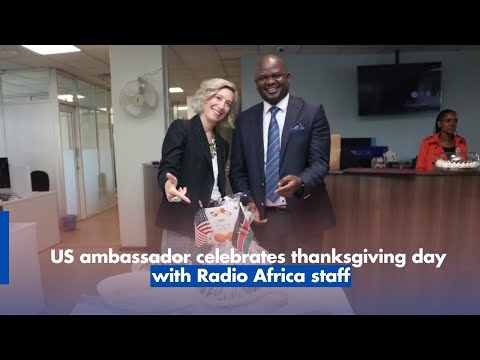
 President William Ruto speaking during the Presidential
Private Sector Roundtable event held in Nairobi on August 6, 2025/PCS
President William Ruto speaking during the Presidential
Private Sector Roundtable event held in Nairobi on August 6, 2025/PCSPresident William Ruto has responded to a move by the United
States to review Kenya’s designation as a Major Non-NATO Ally (MNNA), saying
his foreign policy choices are based on what is best for the country.
Speaking during the Presidential Private Sector Roundtable event
held in Nairobi, Ruto defended Kenya’s growing trade ties with countries such
as China, stating that his administration is focused on unlocking new markets
to benefit Kenyan producers and correcting long-standing trade imbalances.
“It is what I must do for Kenya. It’s in the best interest
of Kenya that we get into this market,” Ruto said, while addressing concerns
that Kenya may be leaning too heavily toward non-Western economic partners.
He admitted that some traditional allies have questioned
Kenya’s expanding trade with China, but insisted that his decisions are driven
by Kenya’s economic needs.
“Some of our friends are complaining that we are doing too
much trade with China. When I sat with President Xi Jinping, I told him Kenya
is importing Sh600 billion of products from China, yet we are only exporting
maybe 5%. That trade imbalance is serious,” Ruto said.
The president added that as a result, China agreed to open
its market for Kenyan agricultural products.
“That is the right thing to do,” he said.
Ruto emphasized that Kenya is not turning away from
traditional partners, but rather broadening its economic options.
“We are progressing conversations with India. We are good
with Turkey and Canada,” he said.
The remarks come after the US decided Kenya’s status as a
Major Non-NATO Ally, a designation that comes with strategic defence and trade
benefits.
Kenya was granted the status earlier this year, a move seen
at the time as a sign of deepening ties between Nairobi and Washington.
The current US Congressional review, spearheaded by Senator
Jim Risch, chairperson of the Senate Foreign Relations Committee, stems from
multiple concerns.
A primary focus is on assessing whether American intelligence and military support have been implicated in actions against civilians.
These include abductions, torture, or violence. This highlights a
critical human rights dimension to the US-Kenya partnership.
Another significant driver is Kenya's perceived global
alignments. Senator Risch's amendment specifically scrutinises Kenya's
military, political, and financial relationships with China, Russia, and Iran.
The uncertainty surrounding Kenya's pledged deployment of
1,000 police officers to Haiti, a mission strongly backed by the US, is also a
factor in the congressional amendments.
These concerns underscore the conditional nature of the MNNA
status, which is granted based on perceived alignment with US national
interests.
The US expectation is that MNNA partners should align their
foreign policy, at least implicitly, with US strategic interests.



















